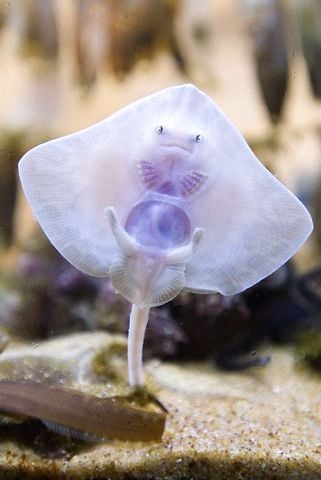- Joined
- Oct 29, 2015
- Messages
- 5
- Reaction score
- 0
So, here's my dilemma. I love the idea of being a vet. I want to learn all the medical aspects and work with and for animals. However, the last thing I want to do is work with pets.
I want to go into vet school to become a zoo/wildlife veterinarian, I've been volunteering at a zoological research center with the wildlife vet and vet techs and I absolutely LOVE every second of it. Of course, it's very competitive, so I have second choices such as working in a diagnostics lab or specializing in research or surgeries. I think any of those would be really awesome too, but working with wildlife is my dream. I applied to vet school last year, got an interview, but didn't get in. So I'm applying for the second time now, and trying to get more clinic while I apply to internships.
I'm working at a small animal clinic right now (bathing dogs and working the kennels), and I realized just how much I DON'T want to work with cats and dogs. I know I'm going to have to work with them the most in vet school, but does anyone know how necessary is it going to be for me to work at a pet/small animal clinic after I graduate? Or for how long?
Also, is that limiting my chances of getting into vet school and/or finding a career afterwards? Should I just go to graduate school for something like zoology or animal behavior instead? I loved my pre-veterinary classes in college, and I thoroughly enjoy experiencing different veterinary aspects (the internship i'm applying for whitetail deer breeding, and I really hope I get it because it sounds so interesting and fun), but I just do NOT want to work with domestic animals like cats, dogs, and horses.
So, can someone with good advice please help me figure my life out?
I want to go into vet school to become a zoo/wildlife veterinarian, I've been volunteering at a zoological research center with the wildlife vet and vet techs and I absolutely LOVE every second of it. Of course, it's very competitive, so I have second choices such as working in a diagnostics lab or specializing in research or surgeries. I think any of those would be really awesome too, but working with wildlife is my dream. I applied to vet school last year, got an interview, but didn't get in. So I'm applying for the second time now, and trying to get more clinic while I apply to internships.
I'm working at a small animal clinic right now (bathing dogs and working the kennels), and I realized just how much I DON'T want to work with cats and dogs. I know I'm going to have to work with them the most in vet school, but does anyone know how necessary is it going to be for me to work at a pet/small animal clinic after I graduate? Or for how long?
Also, is that limiting my chances of getting into vet school and/or finding a career afterwards? Should I just go to graduate school for something like zoology or animal behavior instead? I loved my pre-veterinary classes in college, and I thoroughly enjoy experiencing different veterinary aspects (the internship i'm applying for whitetail deer breeding, and I really hope I get it because it sounds so interesting and fun), but I just do NOT want to work with domestic animals like cats, dogs, and horses.
So, can someone with good advice please help me figure my life out?


